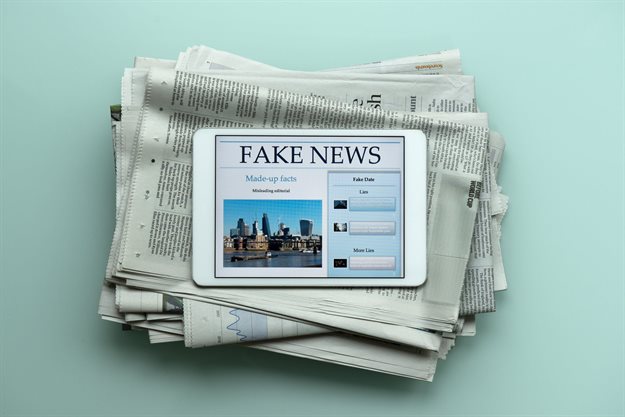This annual survey, now in its 20th year, tracks trust and credibility across 28 global markets and looks at business, NGOs, government and the media.

Image source: Gallo/Getty Images
Trust is a function of both competence and ethics. Only business was seen as competent and only NGOs were seen as ethical. To exacerbate the situation, ethics is considered much more important than competence as a driver of trust – in fact three times more important.
Media was seen as lacking in both competence and ethics, especially in developed markets where corporate malfeasance, government corruption and fake news have eroded trust. Media is distrusted in 16 out of the 28 markets, eight markets were neutral, and only four markets trusted their media. These were Thailand, Indonesia, India and China.
Three out of four respondents worry that fake news will be used as a weapon! This isn’t surprising given the revelations of foreign interference in the 2016 US presidential election and in Brexit. Journalists were seen as among the least credible sources of information (just above government officials), while experts and peers were seen as the most credible. Trust in peers might reflect the drive to get recommendations from others, particularly when seeking professional services. Unfortunately, trusting one’s peers, defined as ‘a person like yourself’ can also lead to the spread of disinformation through social platforms.
Herman Wasserman & Dani Madri-Morales 26 Nov 2018 On the bright side, traditional media came in second place to search as a trusted source of information, followed by owned media in third place (such as corporate and institutional websites and newsletters) and finally, social media.
What can media do to improve trust? Obvious answers were to be objective, focus on the quality of their information and to provide important as opposed to sensationalised information. A less obvious answer was to differentiate between opinion and fact. This isn’t surprising. The 24/7 online news cycle and the proliferation of ‘opinionistas’ on television can sometimes give the impression that what the experts are saying is factually correct as opposed to simply their opinions.
The good news is that over the last two years, consumers are more engaged with news than previously. The number of respondents who consume news less than weekly has dropped dramatically, while the number of ‘amplifiers’ (those who consume news weekly or more and share or post content several times a month) has grown substantially.














































